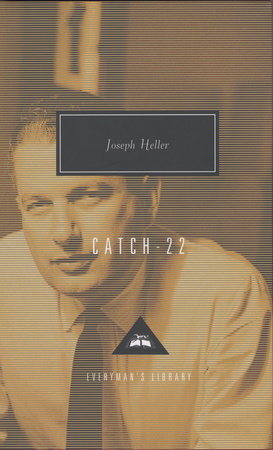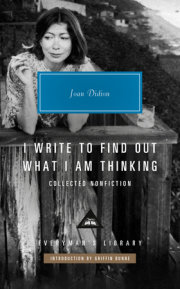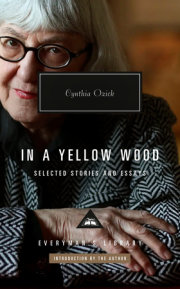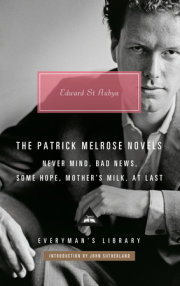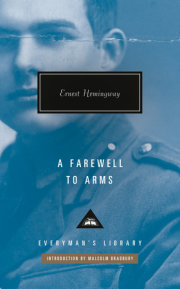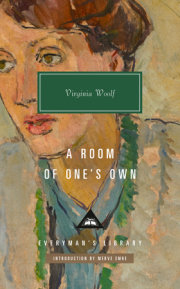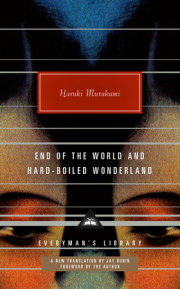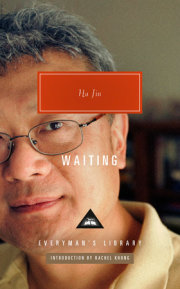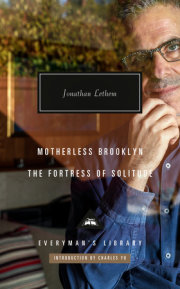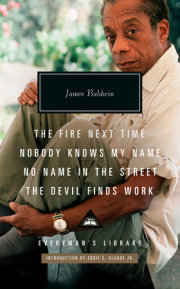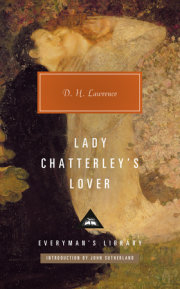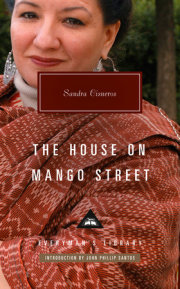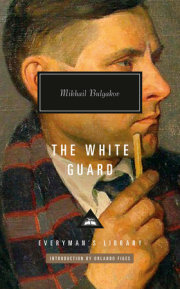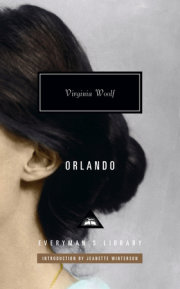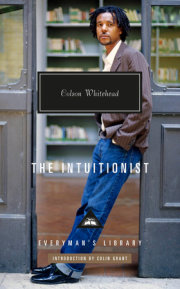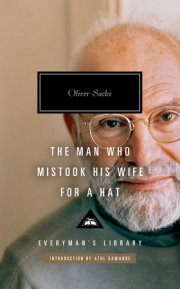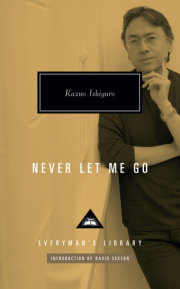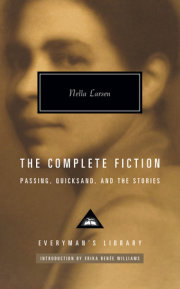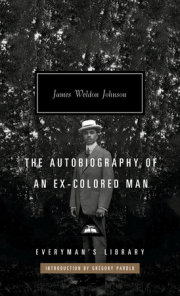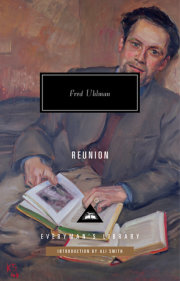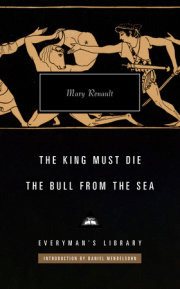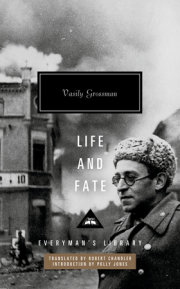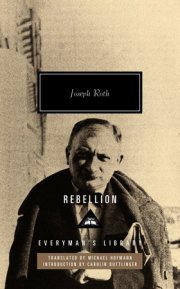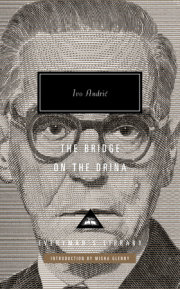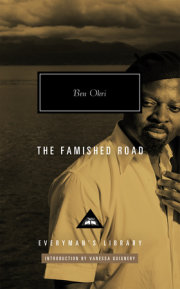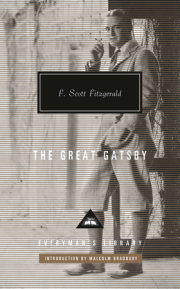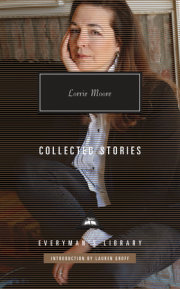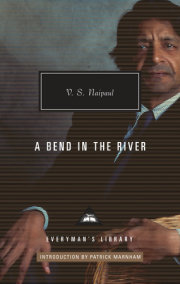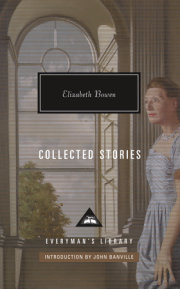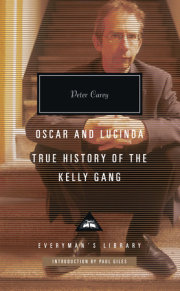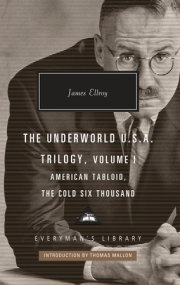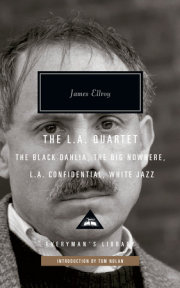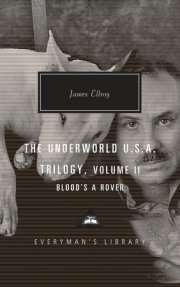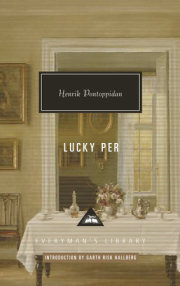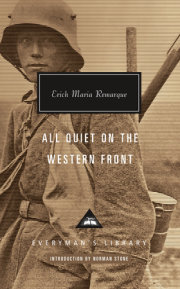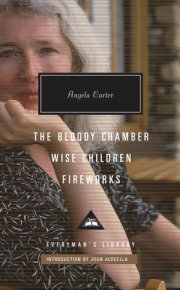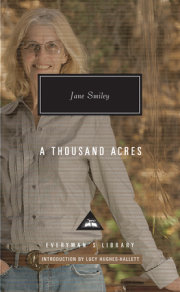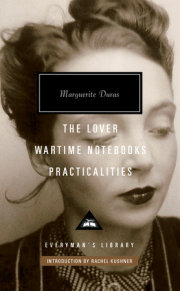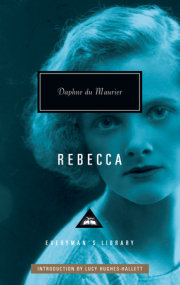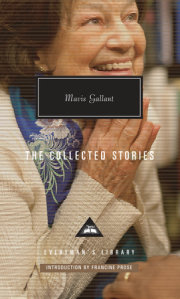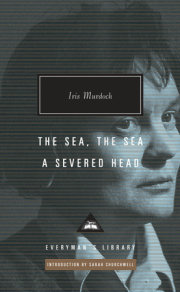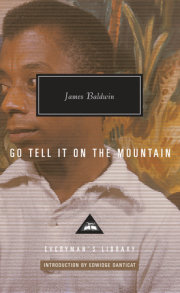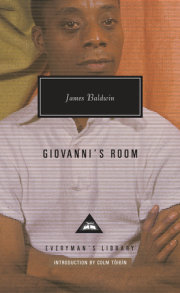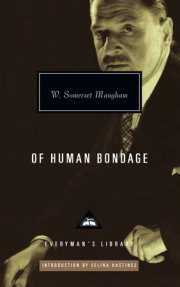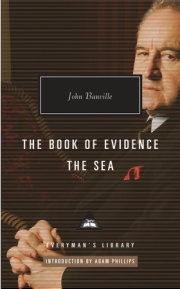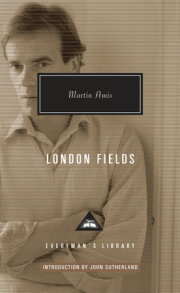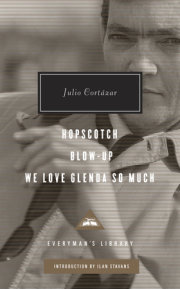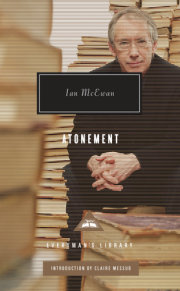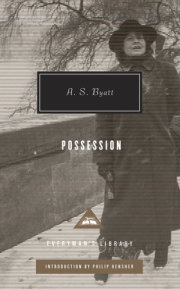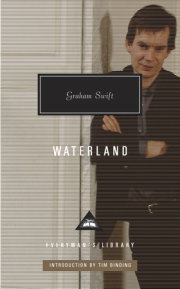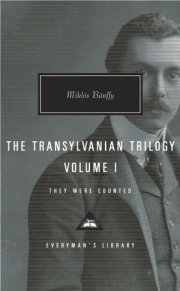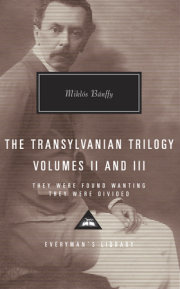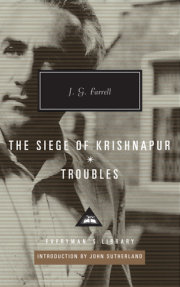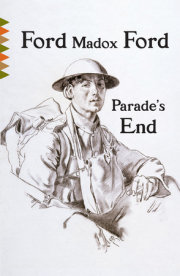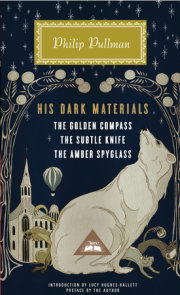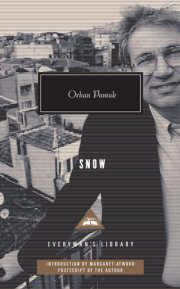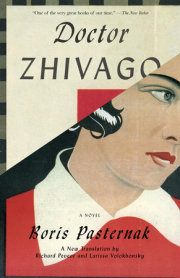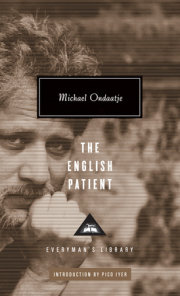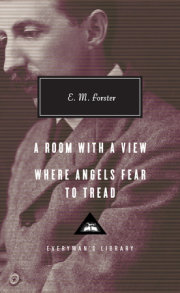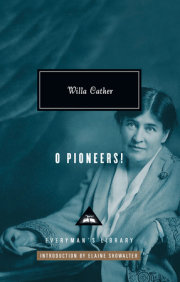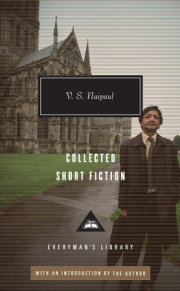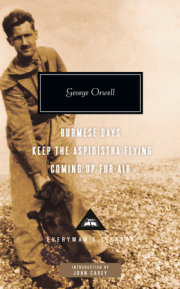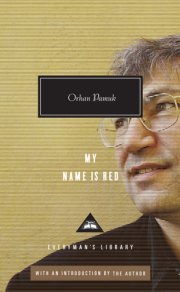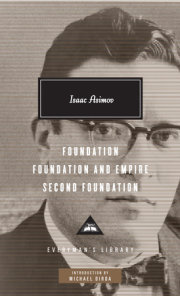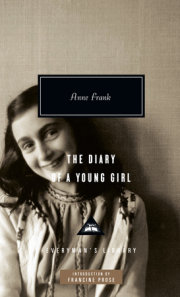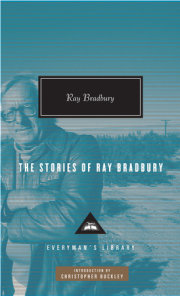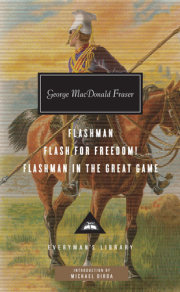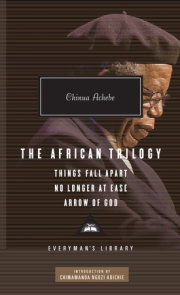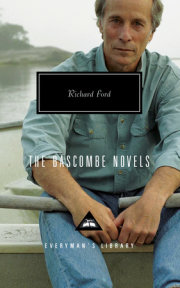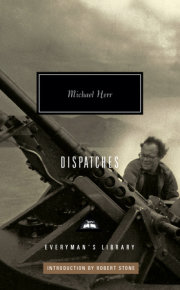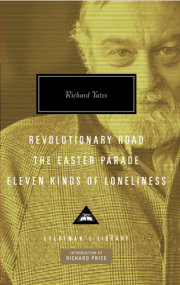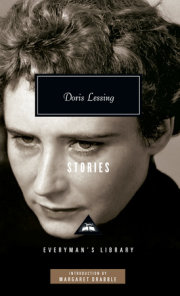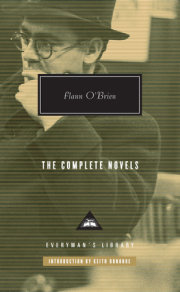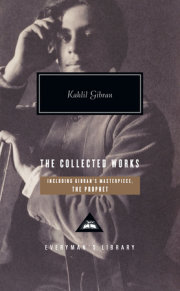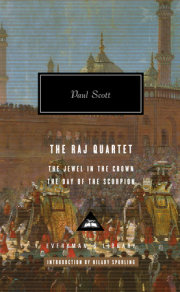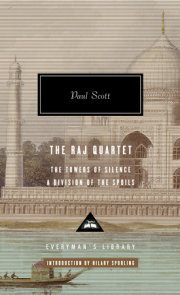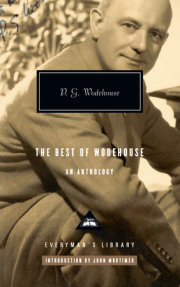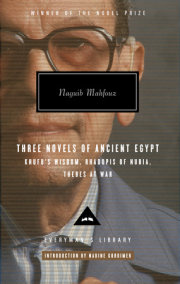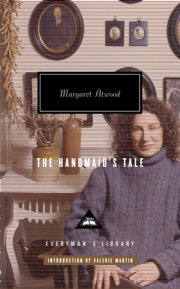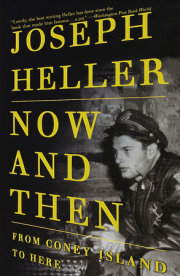INTRODUCTION by Malcolm Bradbury
'When people our age speak of the war it is not of Vietnam but of the one that broke out half a century ago and raged in almost all the world. It was raging more than two years before we even got into it.' So begins Joseph Heller's
Closing Time (1994), his later life sequel to his first and still most famous novel,
Catch-22, a remarkable story about a piece of that war that raged in almost all the world. Thirty-three years after it appeared, the later book starts by reintroducing us to a number of the characters who have survived the earlier novel, and who now live not just in a postwar but a post-Cold War America, where the triumph of capitalism is complete. This is a story of the struggle of their ageing, the later stirs of their sexuality, the waning of their energies, and the fading of their lives. It ends apocalyptically, but closes with a playing of Mahler's Fifth Symphony—'so sweetly mournful and Jewish,' thinks one of the characters, who admits that these days he much prefers the melancholic to the heroic. And
Closing Time is in fact a quirky, bold, sometimes moving revisiting of the characters, and many of the events, of the book we today recognize as a twentieth-century classic.
Catch-22 was the American book that—perhaps more than any other of its time—voiced the anxious, absurdist, outrageous reaction of a generation to a dark conflict that had taken American soldiers and airmen to Europe, and concluded not just in the defeat of totalitarianism, but in a victory on behalf of the world of our glossy, often alienating, post-modern affluence. And the book was not just a satire on war but a story of that age of burgeoning affluence and all it brought with it - the grim period of arctic hostilities called the Cold War, the affluent society, and finally the post-modern phase of confident, narcissistic, consumptionist late capitalism in which we, and Heller's elderly survivors of wartime, have ended up.
Catch-22 is, first of all, a war novel. And there is little doubt that the war novel, for obvious and tragic reasons, has itself ended up as one of the dominant and shaping literary forms of the troubled twentieth century. It has not only played its part in defining the historical story of the century, but has also shaped the techniques, the flavour, the artistic essence of the modern and modernist novel. In the years after the Great War of 1914-18, the entire sensibility of the horror that had happened seeped into the nature of fiction. This was hardly surprising, for the Great War was a cultural apocalypse. It upturned empires, overthrew entire ruling castes and classes, changed the nature of world hegemony, and had a massive impact on the entire nature of Western and world culture and history. It changed Europe from a bastion of Western civilization into a shattered and unstable modern battlefield, and handed on to unwilling Americans a sense of responsibility for the direction of history. It shattered settled notions of civilization and social order, old hopes for the advance of history, established faiths in humanism and heroism and sacrifice. It also helped create a revolution in artistic and literary forms. It is true that the real
avant garde revolt of the modern had begun earlier in the century, in the period between the twentieth century's dawn, the beginning of the calendar of 'modern times', and the great European crisis of 1914. Thus the
avant garde experiments of modern painting, writing, architecture and philosophy, and the powerful movements and campaigns that developed them (Cubism, Expressionism, Futurism and so on), mostly came before the war. They upset the classic orders of the arts, broke the frame ofrealism, rendered art neomechanical, fragmentary and abstract. But it took the war itself to ensure the inevitability of their revolt - to shatter traditional forms, enforce the sense of cultural destruction, change the narrative and tone of modern experience.
Hence the 1920s strike us now both as an era of postwar crisis and an era of artistic experiment, perhaps the most experimental decade the century has seen. And inevitably one of the essential forms of its expression was the war novel, the novel that either dealt with the facts of war directly or else with its profound consequences. From the wartime years themselves and through into the 1930s, a sequence of novels appeared which came fresh from the experience of the front and the battlefield, directly capturing the life of the troops in the trenches, on whatever side of the eternal mud or barbed wire they happened to be. There were works like Henri Barbusse's realistic and immediate
Le Feu (1916), John Dos Passos' idealistic
Three Soldiers (1921), Jaroslav Hasek's grotesque, dark-comic
The Good Soldier Svejk (1921-3), Ford Madox Ford's massive four-volume epic of war and society,
Parade's End (1924-8), Erich Maria Remarque's German epic of the trenches,
All Quiet on the Western Front (1929), Ernest Hemingway's very personal story of an American soldier and a separate peace in the Italian campaign,
A Farewell to Arms (1929), Frederic Manning's vivid, disturbing tale of the experiences of an ordinary British soldier,
The Middle Parts of Fortune, also called
Her Privates We (1930). Such books did not simply recreate the horrific experiences of a war that had taken so many lives, and had so plainly failed to be the war to end wars, or create a world fit for heroes to live in. They also emphasized the revulsion, the futility, the failure, the folly; and often the enemy was to be found not only in the opposite trenches but also on one's own side. But no less important were the novels which, without representing the war directly, showed the profound changes in consciousness, mores and values it had generated. Nearly all the great modernist works showed the power of its effect. The delicate, decadent,
belle epoque world of Marcel Proust's
A la recherche du temps perdu is transformed by the conflict; the anxious sickness of bourgeois society in Thomas Mann's
The Magic Mountain leads us onward down the mountain and into the European battlefield; the great envelope of consciousness in Virginia Woolf's fiction is repeatedly broken open by the shattering impact of war. It was not merely the experience of those who had served at the front, encountered violence, mechanical death and the pathetic weakness of the human body, or sensed the general futility, that shaped the climate of modern fiction. War had shattered older notions of art, of form and representation; it had transformed notions of reality, the rules of perception, the structures of artistic expression. It fragmented, hardened, modernized the voice of modern fiction, increased its sense of extremity, of irony, of tragedy, passing its critical lesson on into the history of modern fiction, and the whole literary and cultural tradition.
Strangely, when a quarter of a century further on a second war broke out in Europe, and then, when Americans and Japanese entered after the bombing of Pearl Harbor, became a Second World War, its impact was nowhere near as great. Rather it produced, especially in Europe, a weary sense of repetition and a feeling of grim inevitability, as if the Great War of 1914-18 had never really ceased. Yet its horrors were even greater, its impact on modern history even more massive. Once more the direction of the world was fundamentally reshaped, the nature of modern consciousness and conscience even more profoundly challenged. The horrific revelations that came at the war's end - the facts of the Holocaust, in which six million Jews perished in the German extermination camps; the hideous impact of the dropping of atomic bombs on the Japanese cities of Hiroshima and Nagasaki, which in turn brought about the realization that a global nuclear holocaust was possible; the sheer scale of destruction in Europe, where endless images of human desolation came from the flattened cities, and where long lines of starving displaced persons and freed prisoners hopelessly wandered a ruined landscape - displayed a new crisis of history. Moreover, the crisis was not over and done with: for forty-five more years, the ruins, the hatreds, the global divisions left by the war were to shadow the uneasy peace that followed. Once again, the war produced war novels, some of them very striking and remarkable: Graham Greene's wartime
The Ministry of Fear (1943) and Jean-Paul Sartre's trilogy of the German occupation of France,
Les Chemins de la Liberté (1945-9), John Horne Burns'
The Gallery (1947) about the Italian campaign, and Norman Mailer's
The .Naked and the Dead ( r 948), about the war in the Pacific, James Jones'
From Here to Eternity (1951) and Herman Wouk's
The Caine Mutiny (195l), Evelyn Waugh's story of one man's search for a just war, the
Sword of Honour trilogy (l952-61 ), and Olivia Manning's
Balkan Trilogy ( r 960- 65). Likewise the Cold War produced its Cold War novels, notably the works of John Le Carré and the fiction that leaked out of Eastern Europe.
But though, from their very different viewpoints, such books displayed the crisis of war—the impact of totalitarianism, the horrors of occupation or civilian bombing, the agonies of disappointed liberalism, the ferocity of the campaigns, the vulnerability of individuals, the cultural and moral destruction—they hardly had the same impact as their predecessors. Perhaps this was due to the fact that the modern war that began in 1914-18 seemed never really to have stopped, but simply plumbed new depths of barbarism. Possibly sensibilities were even jaded, for one modern war is grimly like another. There was also the fact that, in the age of totalitarianism before the conflict, many writers in Europe had been silenced or exiled, and some had fled Europe altogether for the United States. And this time the scale of occupation and the impact of great bombing raids had brought the war directly to civilian populations; so had the massive scale of war reporting (some of it by the survivors of previous conflicts, like Ernest Hemingway and John Dos Passos), and this extensive contemporary coverage, verbal and visual, had made the novelist's task in some ways superfluous. It was also argued that the sheer horror of what had happened, above all with the Holocaust, had made literary treatment impossible. 'No poetry after Auschwitz,' said Theodore Adorno, arguing that the enormity and grotesque horror of recent events had virtually blanked out all expression. And nothing seemed over and done with; as East and West jostled for power and position, and the Iron Curtain descended, the future seemed to hold out few prospects for real recovery.
As for the novels that did appear, they no longer seemed to possess the surprise, the mythic power or the aesthetic novelty of the fiction of the Twenties; their techniques were vivid, but rarely radical. Indeed the most powerful postwar writing came not so much from those who explored the war directly, but those who captured the mental and moral atmosphere of anxiety, extremity and anguish it had created right across the postwar nuclear age. Hence many of the essential works were books of survivor consciousness or of modern extremity: the Jewish-American fiction of writers like Saul Bellow and Bernard Malamud, or the minimalist fiction of Samuel Beckett, the plays of Ionesco and Pinter. It took some time for two books to appear that did capture not only the horrors of wartime but the climate of absurdity and estrangement that dominated the chilly peace. Each treated the war with a bitter and grotesque humour, a world of the darkest unreality. One of these books was Gunter Grass's grim, incredible comedy of Nazi Germany, absurdly seen from a child's point of view,
The Tin Drum ( 1959). And the other was a remarkable dark-comic work from the other side of the Atlantic, meant, said its author, not just as a war novel but 'an encyclopedia of the current mental atmosphere'; this was Joseph Heller's
Catch-22.
Copyright © 1995 by Malcolm Bradbury. All rights reserved. No part of this excerpt may be reproduced or reprinted without permission in writing from the publisher.




